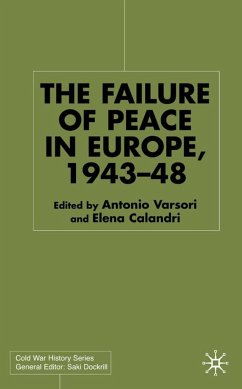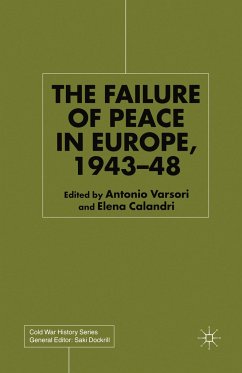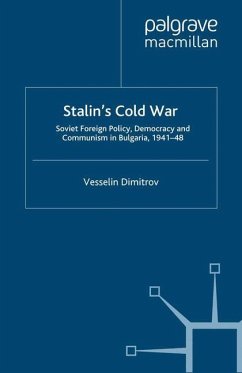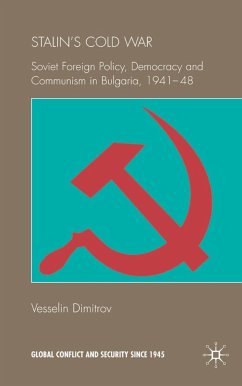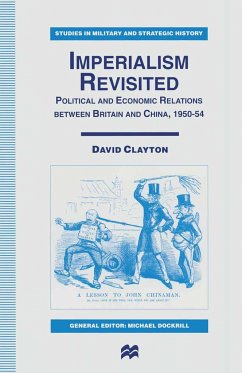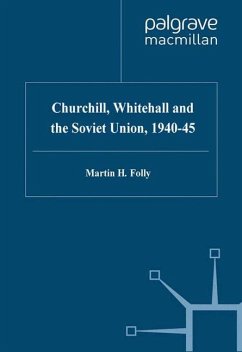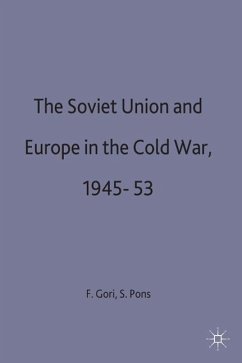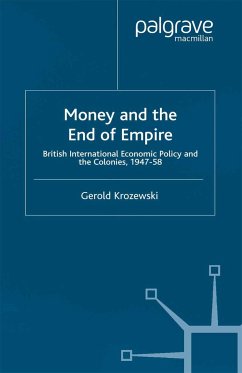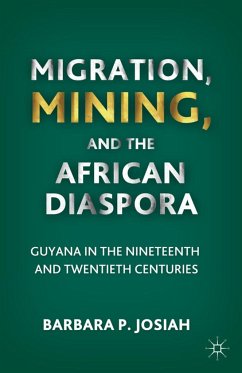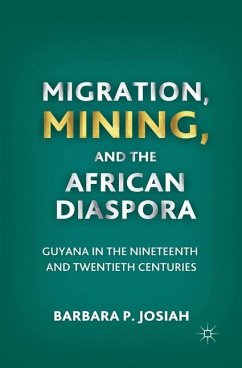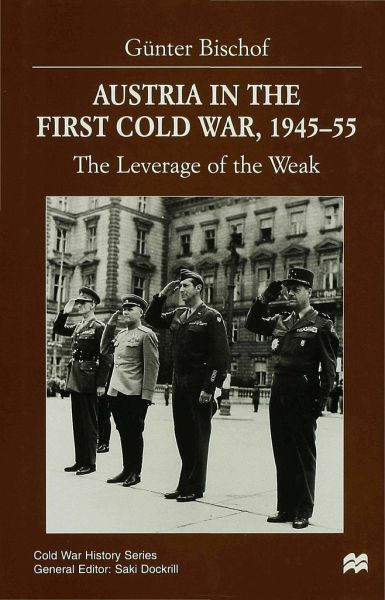
Austria in the First Cold War 1945-55

PAYBACK Punkte
80 °P sammeln!
At the height of the first Cold War in the early 1950s, the Western powers worried that occupied Austria might become 'Europe's Korea' and feared a Communist takeover. The Soviets exploited their occupation zone for maximum reparations. American economic aid guaranteed Austria's survival and economic reconstruction. Their military assistance turned Austria into a 'secret ally' of the West. Austrian diplomacy played a vital role in securing the Austrian treaty in bilateral negotiations with Stalin's successors in the Kremlin demonstrating the leverage of the weak in the Cold War.





